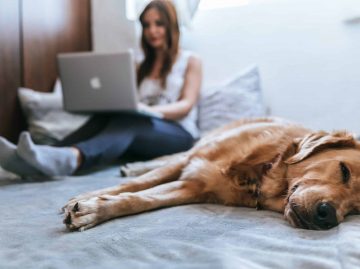News
Flexible Working is Here to Stay – Business Secretary

Business Secretary Kwasi Kwarteng believes flexible working is ‘here to stay’ with the changing of approach to self-isolation on the horizon.
As of 16th August, those who have had both jabs of the Covid-19 vaccine will no longer need to isolate for 10 days should they be deemed as a close contact.
That has encouraged some companies to bring staff back into the office in their entirety, with social distancing rules and regulations relaxed and the end of the ‘pingdemic’ which saw a huge rise in the number of people classed as close contacts and forced to isolate by the NHS Covid app.
“I think people working from home are contributing hugely to the workforce,” Kwarteng told LBC.
“I think it’s up to employers and employees to come to their own arrangements, depending on the needs of the company, the needs of the business,” he told Radio 4’s Today programme.
Is your company offering remote working? Do you need suitable support for home-working employees as they make that transition more permanent and adopt flexible working?
A remote workstation assessment scheme, through Onhealth, can help. By booking your employees on this, each one will get one-to-one time with a medical professional who will assess the workstation before providing advice on how to improve it; a detailed report will then follow which HR departments can use to provide sustainable plans for the future.
What are the benefits?
A remote workstation assessment scheme helps home working staff to avoid aches and pains associated with bad posture, which can lead to much worse injuries and significant time off work. It can also boost employee relations and get the most out of a remote workstation.
Contact our team today to find out more or click here to read our dedicated page.
